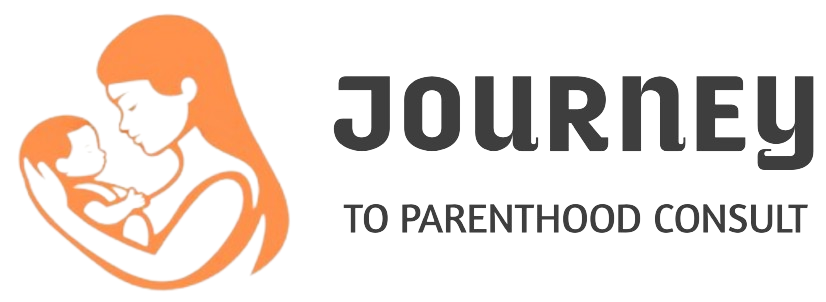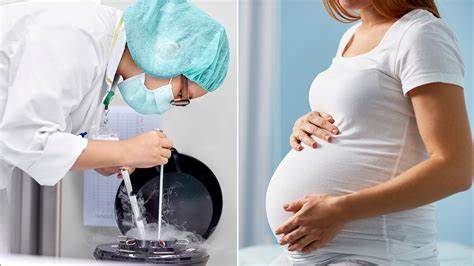Egg freezing, or oocyte cryopreservation, has become an increasingly popular option for individuals who wish to preserve their fertility for future use. Whether you’re focusing on your career, haven’t found the right partner, or are undergoing medical treatments that could affect fertility, egg freezing can offer flexibility and peace of mind. But is it the right option for you? This article delves into the factors to consider and the process involved in egg freezing.
Who Should Consider Egg Freezing?
Egg freezing may be a suitable option for:
- Women Delaying Parenthood: Those who wish to focus on career goals or personal circumstances but want the option of having biological children later.
- Medical Reasons: Individuals undergoing cancer treatments or other medical procedures that may compromise fertility.
- Age-Related Fertility Concerns: Women in their late 20s to mid-30s who are concerned about declining egg quality.
- High-Risk Careers: Women in physically demanding or high-risk professions may consider preserving their fertility.
The Egg Freezing Process
The process involves several key steps:
- Initial Consultation Meet with a fertility specialist to discuss your medical history, conduct fertility tests, and determine if egg freezing is right for you.
- Ovarian Stimulation You will take hormonal medications for 10-14 days to stimulate the ovaries to produce multiple eggs.
- Egg Retrieval Eggs are collected through a minor surgical procedure performed under sedation. The procedure usually takes 20-30 minutes.
- Freezing and Storage The retrieved eggs are frozen using a method called vitrification, which prevents ice crystal formation and preserves the eggs’ quality. They are then stored in a secure facility.
Success Rates and Considerations
Egg freezing success depends on factors such as:
- Age at Freezing: Younger eggs have a higher likelihood of resulting in a successful pregnancy.
- Number of Eggs: Freezing more eggs increases the chances of success.
- Health of the Individual: Overall reproductive health plays a significant role.
Financial Implications
Egg freezing can be costly, with prices ranging from $6,000 to $15,000 for the procedure, plus annual storage fees. Some employers and insurance plans may offer coverage, so it’s worth exploring your options.
Emotional and Physical Impact
While egg freezing is generally safe, some women may experience side effects from hormonal medications, such as bloating, mood swings, or discomfort. It’s essential to have a strong support system and realistic expectations about the process.
Conclusion
Egg freezing is a powerful tool for preserving fertility, but it’s not a one-size-fits-all solution. Consulting with a fertility specialist and understanding your unique circumstances will help you make an informed decision. If you’re considering egg freezing, remember that it’s an investment in your future and a step toward taking control of your reproductive health.
Surrogacy is about more than creating families—it’s about creating hope. If you’re considering surrogacy, let Journey to Parenthood Consult guide you every step of the way.
📩 Contact us today to begin your journey to parenthood!

